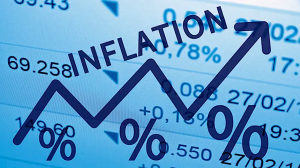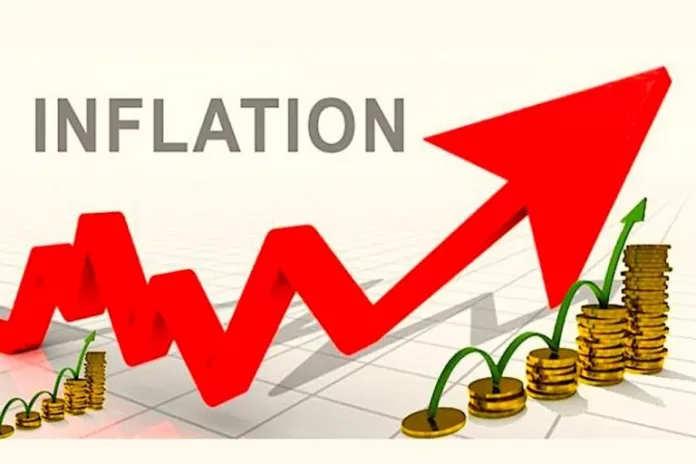The National Bureau of Statistics (NBS) has reported that Nigeria’s inflation rate increased slightly to 34.80% in December 2024, up from 34.60% recorded in November.
This marginal rise of 0.20% has been attributed to heightened consumer demand for goods and services during the festive season.
According to the latest Consumer Price Index report released by the NBS on Wednesday, “The December 2024 headline inflation rate showed a marginal increase of 0.20% compared to the November 2024 Headline inflation rate. This was due to December festive period increases in demand for goods and services.”
The report also highlighted a significant year-on-year increase in inflation, with December 2024’s rate marking a rise of 5.87 percentage points from 28.92% in December 2023.
“On a year-on-year basis, the Headline inflation rate was 5.87% higher than the rate recorded in December 2023 (28.92%),” the report stated, signaling persistent inflationary pressures over the past year.
The average inflation rate for the 12 months ending December 2024 stood at 33.24%, a notable increase from the 24.66% recorded during the same period in 2023.
Food prices remained a major driver of inflation, contributing 18.02% to the overall figure. “Food and non-alcoholic beverages accounted for the largest share of the inflationary pressure,” the NBS noted. Additionally, housing, water, electricity, gas, and other fuels contributed 5.82%, while transport added 2.26%.
Smaller contributions came from sectors like health (1.05%) and communication (0.24%).
The report also pointed out that urban areas experienced higher inflation than rural areas. “The urban inflation rate for December 2024 stood at 37.29% on a year-on-year basis, representing a rise of 6.30 percentage points from 31.00% recorded in December 2023,” it said.

READ ALSO: UK inflation drops to 2.5%, easing pressure on government
In contrast, rural inflation stood at 32.47% year-on-year, a 5.37 percentage point increase from 27.10% in December 2023.
Food inflation was particularly severe, reaching 39.84% year-on-year in December 2024, up from 33.93% in December 2023.
The NBS attributed this surge to rising prices of staples such as yams, rice, maize, and dried fish. However, on a month-on-month basis, food inflation eased slightly, dropping to 2.66% from 2.98% in November, driven by price reductions in items like local beer, soft drinks, and tubers.
Core inflation, which excludes volatile agricultural produce and energy, also showed an increase, standing at 29.28% year-on-year in December 2024, up from 23.06% in December 2023.
The NBS noted that the sharpest price increases were seen in transport fares, meals at local restaurants, and personal grooming services. On a month-on-month basis, core inflation rose to 2.24%, compared to 1.83% in November.
State-by-state analysis revealed that Bauchi recorded the highest year-on-year inflation rate at 44.06%, followed by Sokoto at 42.43% and Kebbi at 41.47%.
Meanwhile, Katsina, Delta, and Imo had the lowest inflation rates, with Katsina posting 28.33%.
Food inflation also varied across states, with Sokoto leading the pack at an astonishing 57.47% year-on-year.
Zamfara and Edo followed closely with 46.39% and 46.32%, respectively. However, some states, including Yobe, Kano, and Abuja, recorded month-on-month declines in food inflation.
The latest inflation data underscores the ongoing economic challenges faced by Nigerians, particularly during a period of heightened consumer spending. Despite slight month-on-month reductions in some areas, the overall rise in inflation continues to put pressure on the cost of living across the country.

